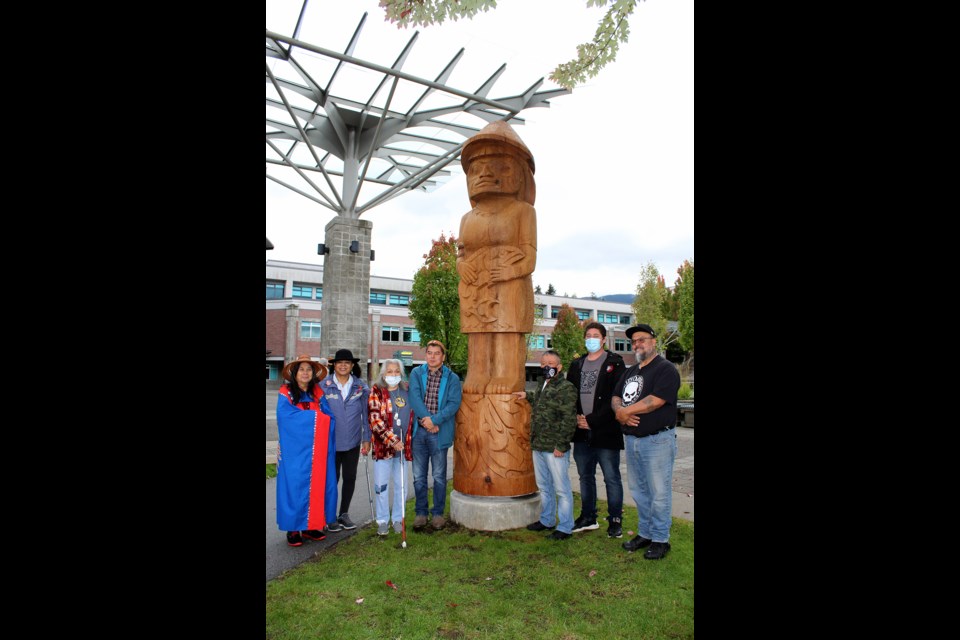The second year of the COVID-19 pandemic put a damper on events and activities in the City of Coquitlam.
Still, despite the ongoing waves of the virus, city hall managed to address quite a bit in its business plan, while still helping non-profit groups via its $5-million Community Support and Recovery Plan.
This year saw many new policies and strategies come to the council table to tackle new topics such as climate change and childcare.
And council also brought in developers to give sneak peeks of their master plans — namely, Coquitlam Central, Coronation Heights and Burquitlam Plaza mall — resulting in thousands of new homes for the community.
Its outreach to consult with residents on issues like the Coquitlam Crunch southern expansion, cannabis outlets, the Hazel-Coy neighbourhood plan and Southwest Coquitlam housing drew thousands of responses, too.
Coquitlam also responded to the provincial health restrictions by building pop-up parks in City Centre, Austin Heights and Burquitlam for residents to get outside and physically distance.
Still, the municipality faced other challenges:
- The Crystal Falls trail was shuttered, due to liability on private property
- A legal case against FortisBC failed to remove the gas lines from under Como Lake Avenue
- The new union contract for the RCMP came in higher than predicted, driving up property taxes by 0.85 per cent in the 2022 budget
- BC Assessment appeals continued to be successful, resulting in Coquitlam refunding about $2.4 million by the end of this year.
As well, Coquitlam lost a councillor — but gained an MP — when the NDP’s Bonita Zarrillo was elected to federal office, replacing one-term Conservative MP Nelly Shin in Port Moody-Coquitlam.
Coquitlam also was a regional hub for mass COVID-19 vaccinations at the Poirier Forum, a sports venue that the city provided for free to Fraser Health, as well as the Douglas College campus and the testing site by Rona.
On the First Nations front, there was greater territorial acknowledgement and reconciliation — especially following the discovery of bodies near residential schools across Canada this year.
Welcoming figures went up at Douglas College and the former Riverview Hospital lands, now called səmiq̓ʷəʔelə (pronounced Suh-mEE-kwuh EL-uh) or Place of the Great Blue Heron, in recognition of kʷikʷəƛ̓əm First Nation’s ancestral lands.





